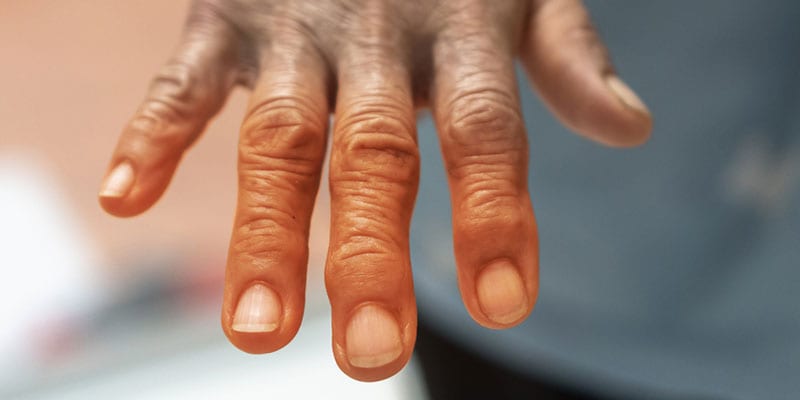Neuropathy is a very common illness that can cause a lot of pain. If you are wondering if neuropathy is the cause of your pain, check out the article below for a description of neuropathy and common neuropathy symptoms.

There are a variety of different types of neuropathy including autonomic, peripheral, proximal, and focal:
- Peripheral Symmetric Neuropathy: This type of neuropathy is specific to an individual’s feet and hands and is the most common. The common symptoms with peripheral symmetric neuropathy are numbness, pain, burning, tingling, loss of muscle, inability to feel temperatures or injuries, loss of balance, and the breakdown of nerve tissue (commonly in the feet).
- Autonomic Neuropathy: This type of neuropathy directly affects important, vital function in the body and the nerves that control them. These include digestion, heart beats, and urinating. Common symptoms of autonomic neuropathy are bloating, nausea, heartburn, hypoglycemia, difficulty swallowing, difficulty eating normal amounts of food, difficulty speaking, elevated heart rate, sweating more than normal, light-headedness, bladder issues, sexual dysfunction, drooping of the face, and dysesthesia.
- Proximal Neuropathy: This type of neuropathy causes damage to nerves, often hurting those in the chest wall or the individual’s legs. Proximal neuropathy symptoms include weakness, sudden pain, and pain in your hip and/or thighs.
- Focal Neuropathy: This type of neuropathy is specific to single nerves. The most commonly effected areas include the hands, head, torso or legs and is common in people with diabetes. Focal neuropathy symptoms can include pain in the eyes, double vision, bell’s palsy, and major pain in the back, chest or belly.







